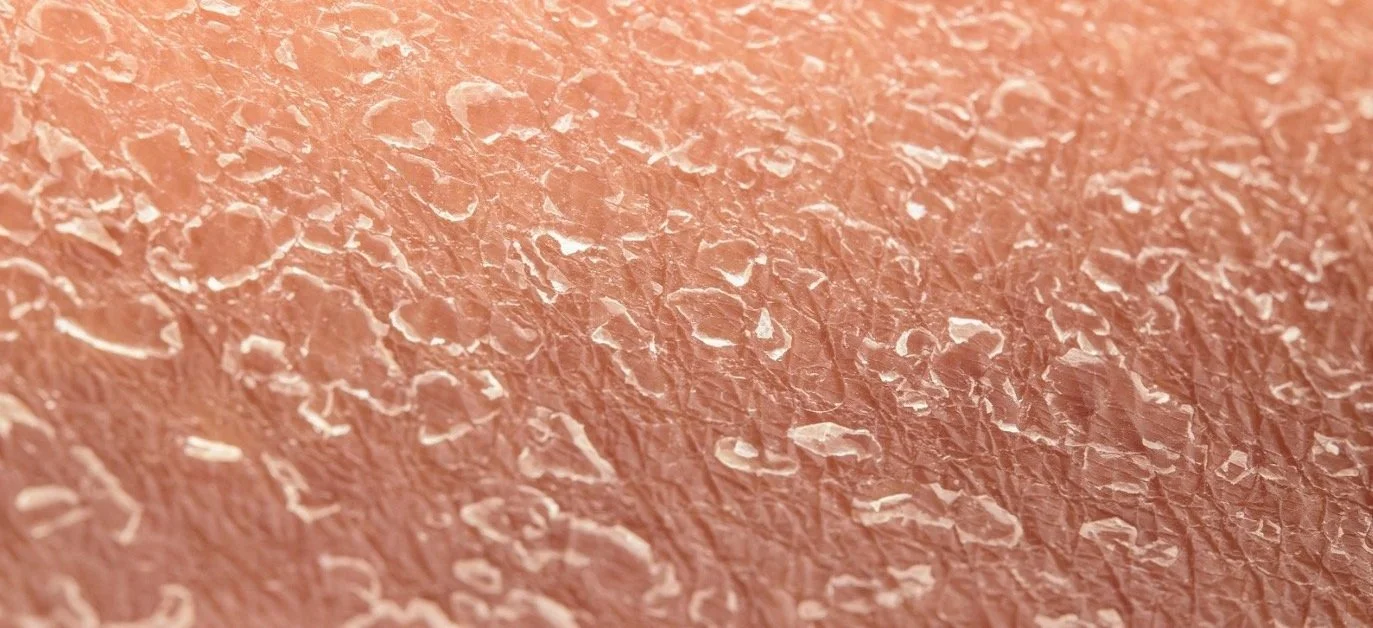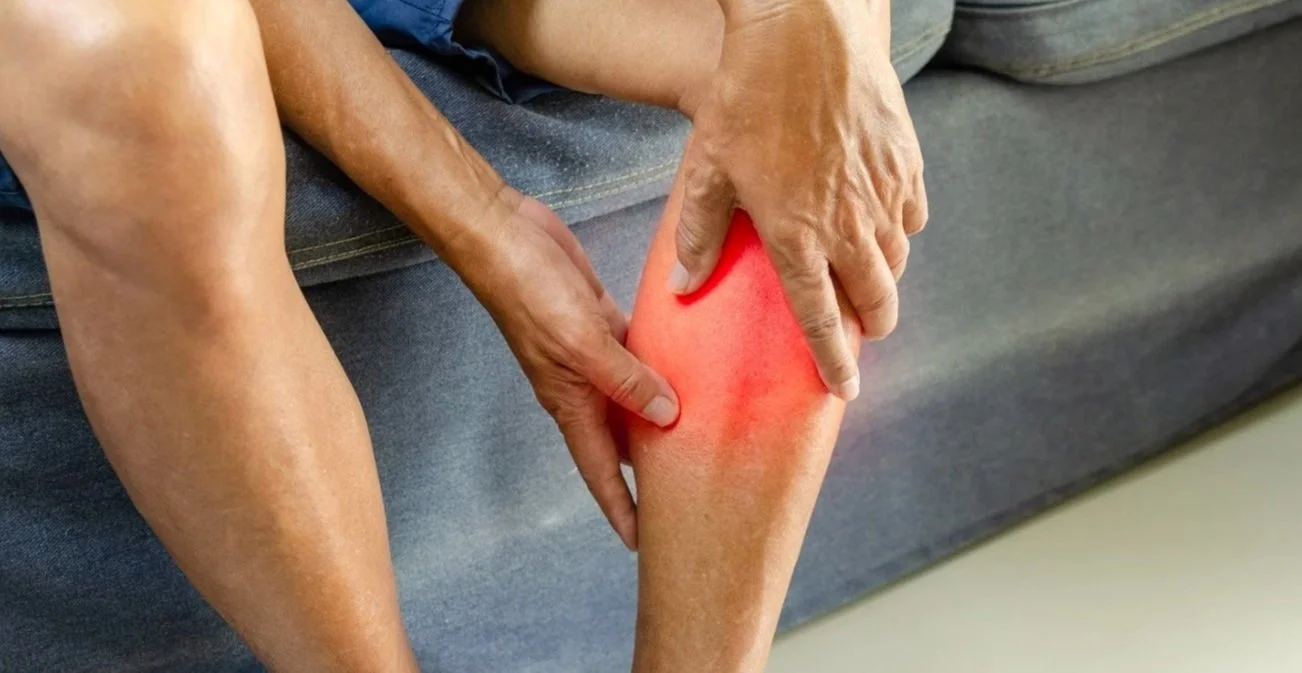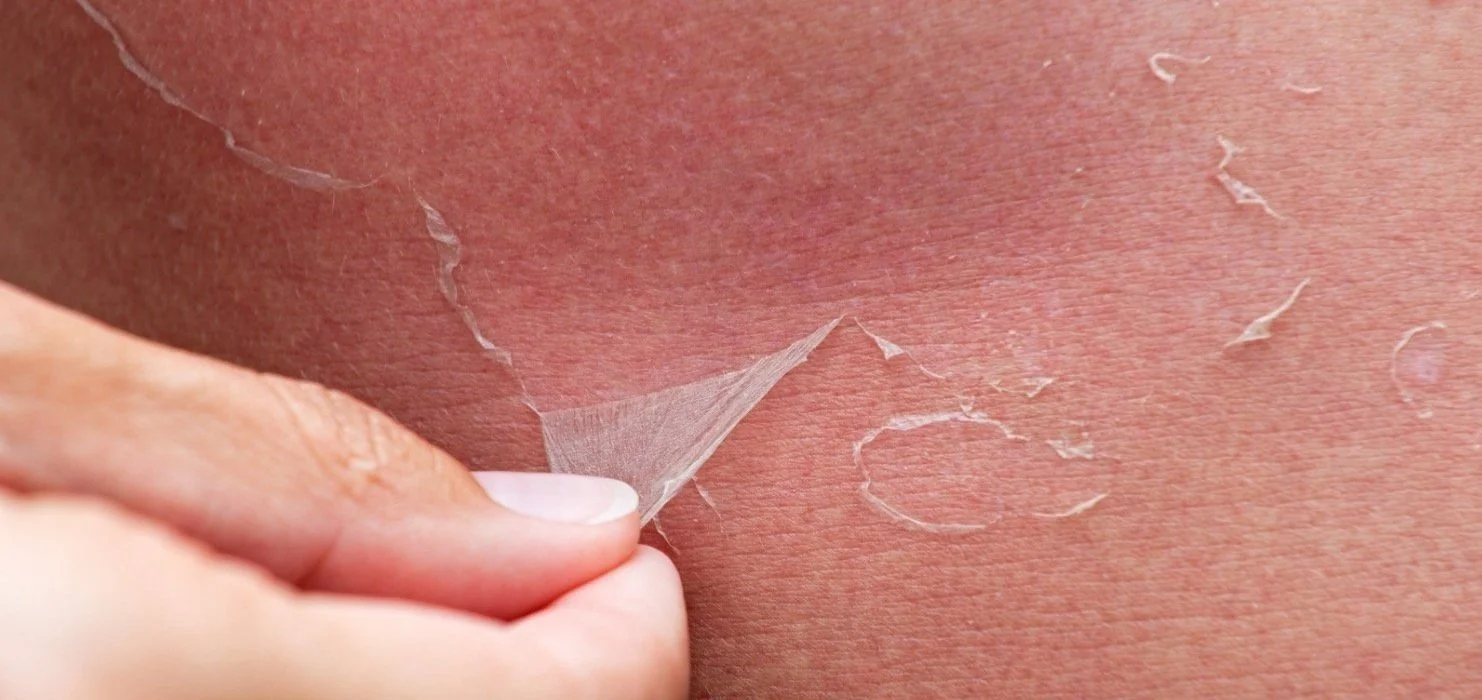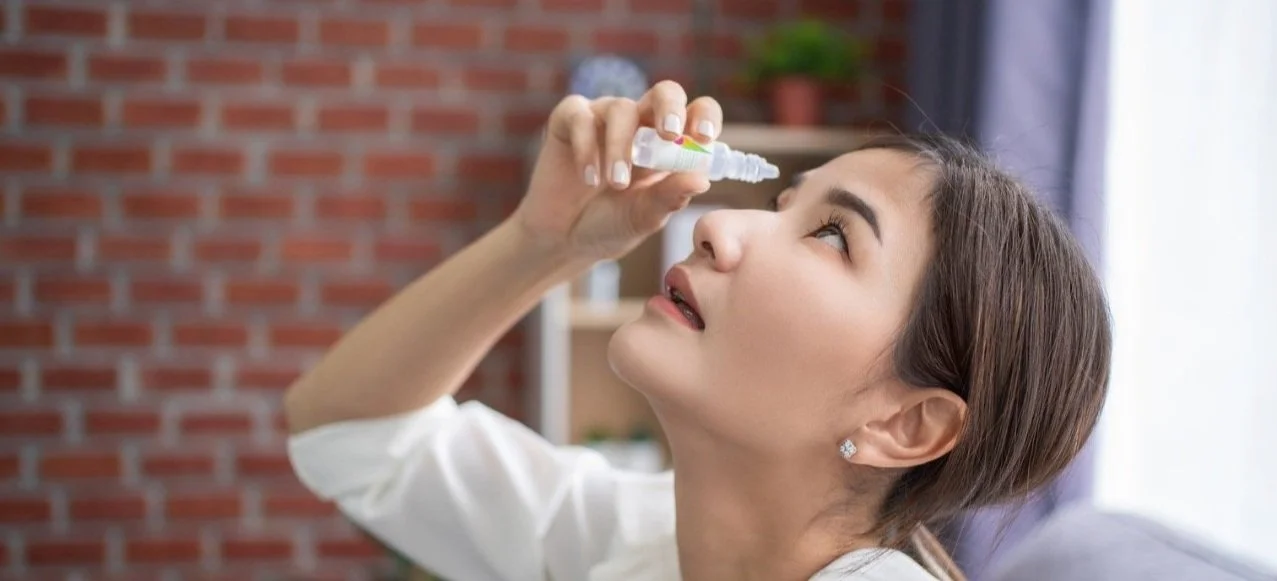Side effects of Accutane
Accutane (isotretinoin) Overview
Accutane (also called isotretinoin) is the most effective acne treatment available. Like all medicines, it can cause side effects. Social media sometimes makes these side effects sound worse or more common than they really are. Most side effects are mild and can be managed with simple, over-the-counter treatments while your skin clears up on Accutane. Learn more about Purging below.
Accutane’s (isotretinoin) Side Effects
A study of over 3,500 people taking Accutane found the most common side effects and how often they happen. Dry eyes and dry skin are very common—almost everyone gets them while on Accutane, so you should expect it.
IMPORTANT: If you are having any mood issues - depression, suicidal thoughts, anger issues, etc - STOP Accutane immediately and call your dermatologist.
Below, I list each side effect in order of how common it is, with tips on how to treat them. Click on any side effect to jump to the treatment advice:
Dry Lips
Managing Dry, Cracked or Peeling Lips on Accutane
In my experience, the best Accutane lip balm is a urea-based lip balm (Flexitol).
You could also use a thick, plain moisturizer like Vaseline or Aquaphor several times a day.
At bedtime, apply a thick layer—no one will see you while you sleep!
Don’t lick your lips—saliva can make dryness worse.
If your lips are red or irritated, use Dr. Dan’s Cortibalm or FixMySkin, which have hydrocortisone in them.
Dry Skin
Managing Dry Skin on Accutane
Use gentle, fragrance-free soaps or cleansers like Dove, CeraVe, Cetaphil, Aveeno or Vanicream.
Shower once a day or less, and apply CeraVe moisturizing cream to dry or ashy skin right after drying off.
At bedtime, put a thin layer of Vaseline or Aquaphor on dry or ashy areas.
For peeling or very dry skin, use urea cream (10% or 20%)—this helps soften and remove flakes.
If your air is dry (from climate or heating), use a cool-mist humidifier in your bedroom at night or in main rooms during the day.
Facial Redness
Managing Facial Redness on Accutane
Apply CeraVe moisturizing cream often to reduce redness and irritation.
At bedtime, use Vaseline or Aquaphor to help your skin heal while sleeping.
Every morning, use a daily facial moisturizer with sunscreen (SPF 30+). Wear sun-protective clothing too.
While waiting for the redness to get better, use Clinique’s Redness Solutions base as a cover-up.
Nosebleeds
Managing Nosebleeds on Accutane
Use a lubricating nasal gel in the morning, midday, and evening.
At night, put a little Vaseline or Aquaphor inside both nostrils to keep them moist.
Muscle Aches
Managing Muscle Aches on Accutane
For muscle aches, try L-carnitine (tartrate) 1000 mg once a day (or this brand).
It usually starts helping after 5–7 days.
Bonus: It can also improve liver test results.
See the original clinical study here.
Itchy Skin
Managing Itchy Skin on Accutane
Use hydrocortisone ointment (not cream) twice a day on itchy spots.
To make it work better, apply hydrocortisone and then cover the spot with plastic wrap for 30 minutes. This helps it soak in more deeply.
Important: Don’t overuse hydrocortisone—it can thin the skin and cause stretch marks or easy bruising.
Moisturize often. Use CeraVe Moisturizing Cream or Vanicream Moisturizing Cream—they fight itchiness without feeling greasy or sticky.
Peeling Skin
Managing Peeling Skin on Accutane
Use plenty of CeraVe moisturizing cream to treat the dryness causing the peeling.
If that’s not enough, use urea cream (10% or 20%) to gently soften and remove flakes.
Purging
Managing Purging on Accutane
Some people notice their acne gets worse right after starting Accutane. This is sometimes called “purging,” and it can be confusing. Before social media, only about 1 in 20 patients told me their acne flared up at the start. Even then, it usually was better by their one-month checkup. Now, it seems like almost everyone online talks about purging. But there’s no strong research to show how often it really happens or how long it lasts. In my experience, about 10–20% of people have a small flare-up in the first few weeks. It usually starts to improve by the end of the first month.
To lower the chance of purging, take cetirizine 10 mg or loratadine 10 mg or levocetirizine 5 mg once a day with Accutane
This helps reduce acne flares in the first few months
This helps Accutane work faster to clear the skin.
See the original clinical study here.
Headaches
Managing Headaches on Accutane
Mild headaches are common on Accutane and usually due to not drinking enough water.
Hydrate more: Drink at least 2 liters of water per day.
Get more sleep—aim for 8 hours a night.
Use pain relievers like acetaminophen or ibuprofen (Advil tastes better but costs more).
These can usually be taken together for one dose to relieve a headache.
NOTE: Headaches usually improve over time as the body adjusts to Accutane.
Rare but Serious: Benign Intracranial Hypertension (BIH)—also called pseudotumor cerebri
Stop Accutane right away and call your dermatologist or go to the ER if you have:
A severe or constant headache, especially if worse when lying down.
Headache with blurred or double vision.
Headache with nausea or vomiting.
Joint Pain
Managing Joint Pain on Accutane
Joint pain is common on Accutane and can be due to not drinking enough water.
Hydrate more: Drink at least 2 liters of water per day.
Get more sleep—aim for 8 hours a night.
Use pain relievers like acetaminophen or ibuprofen (Advil tastes better but costs more).
These can usually be taken together for one dose to relieve joint pain.
Use a heating pad on sore joints for 10 minutes.
Eczema (Dermatitis)
Managing Eczema on Accutane
Moisturize often with CeraVe Moisturizing Cream or Vanicream—they calm eczema without feeling greasy or sticky.
Use hydrocortisone ointment (not cream) twice a day on itchy spots.
For stronger relief, cover the area with plastic wrap for 30 minutes after applying hydrocortisone—it helps the medicine soak in.
Important: Don’t overuse hydrocortisone—it can thin the skin and cause stretch marks or easy bruising.
Go fragrance-free—fragrance makes eczema worse.
Use only fragrance-free washes, shampoos, and moisturizers.
Switch to fragrance-free laundry detergent, fabric softener, and dryer sheets
If your air is dry (from climate or heating), run a cool-mist humidifier in your bedroom at night or in living areas during the day.
Dry Eyes
Managing Dry Eyes on Accutane
Choose the option that works best for you:
- Single-use lubricating eye drops
- Lubricating eye drop in a bottle
- Lubricating eye ointment (thicker and more moisturizing—best for bedtime)
Hair Loss
Managing Hair Loss on Accutane
Accutane can cause hair shedding called telogen effluvium. The good news: it’s temporary, and hair usually grows back on its own without treatment. In the meantime:
Be gentle: Avoid tight hairstyles, harsh brushing, and heat styling.
Eat well: A whole-food, plant-based diet gives your body what it needs to regrow hair. A multivitamin can help—I recommend Flintstones Chewables with Extra Iron.
Manage stress: Stress can make shedding worse. Try to get good sleep, exercise, take breaks, and talk to someone if you’re feeling overwhelmed.
Be patient: Shedding usually stops in 3 months, and full regrowth may take 6–12 months.
Sun sensitivity
Managing Sun Sensitivity on Accutane
Protect your skin from sun damage:
Use a daily facial moisturizer (SPF 30 or higher) every morning—even on cloudy days.
Wear sun-protective clothing like wide-brimmed hats and UV shirts.
Avoid peak sun hours (10 am to 4 pm) and stay in the shade when you can.
What if your Accutane side effects are too much?
If you're having problems on Accutane, stop taking it and contact your dermatologist. This is especially important if you’re feeling depressed or having mood issues. You may need a lower dose of Accutane or a prescription cream. If over-the-counter treatments are not working, look for a board-certified dermatologist in your area. If you are in or near Utah, see one of my excellent colleagues at the University of Utah or me virtually with Honeydew.
DISCLAIMER
The statements expressed and content of this website are not intended to be a substitute for professional medical advice. Readers should seek their own professional counsel for any medical condition or before starting or altering any treatment, exercise, or dietary plan. Please see our full disclaimer here.















